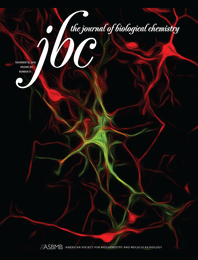 In November, a vice president at an institution in Taiwan retracted a hotly debated cancer paper from Nature Cell Biology, citing image problems including duplications. Now, the Journal of Biological Chemistry has done the same, again citing image duplications.
In November, a vice president at an institution in Taiwan retracted a hotly debated cancer paper from Nature Cell Biology, citing image problems including duplications. Now, the Journal of Biological Chemistry has done the same, again citing image duplications.
There are a few things to note about the latest retraction: One, the last author is again Kuo Min-liang — who holds an appointment at National Taiwan University (NTU), and is also a vice president at Kaohsiung Medical University in Taiwan. Kuo is currently facing allegations that he accepted bribes to add co-authors to his papers; NTU told us it is investigating the latest retraction in the Journal of Biological Chemistry, including Kuo.
The other notable feature of the retraction is the notice itself, which lists a remarkable number of duplicated images. Take a look:
Continue reading Prominent researcher in Taiwan loses another paper for image duplication

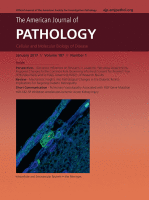 A pathology journal is retracting two papers after an investigation at the last author’s institution in Germany found evidence of scientific misconduct.
A pathology journal is retracting two papers after an investigation at the last author’s institution in Germany found evidence of scientific misconduct.
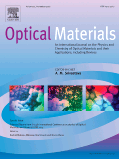
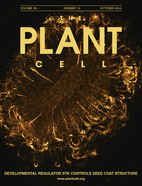
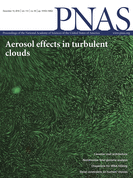
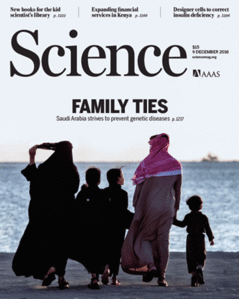
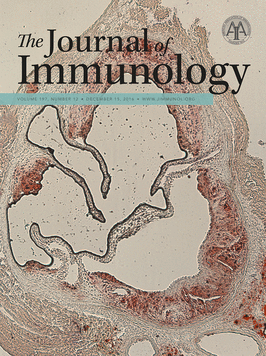 A lab at the University of California, Los Angeles has retracted two papers for duplicated images.
A lab at the University of California, Los Angeles has retracted two papers for duplicated images.